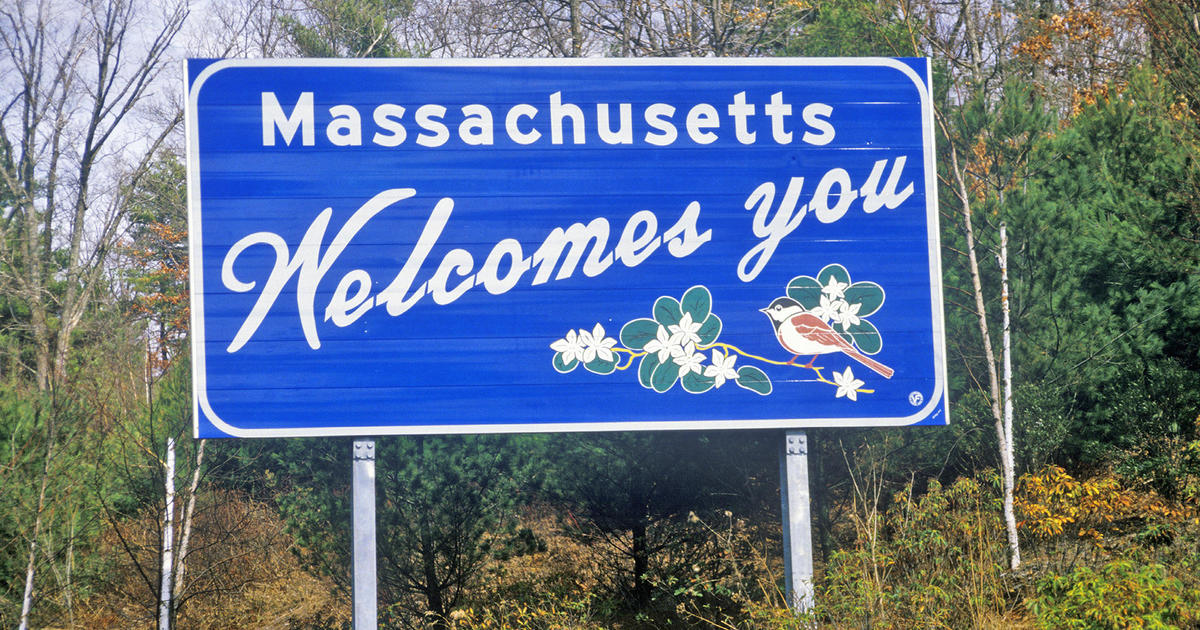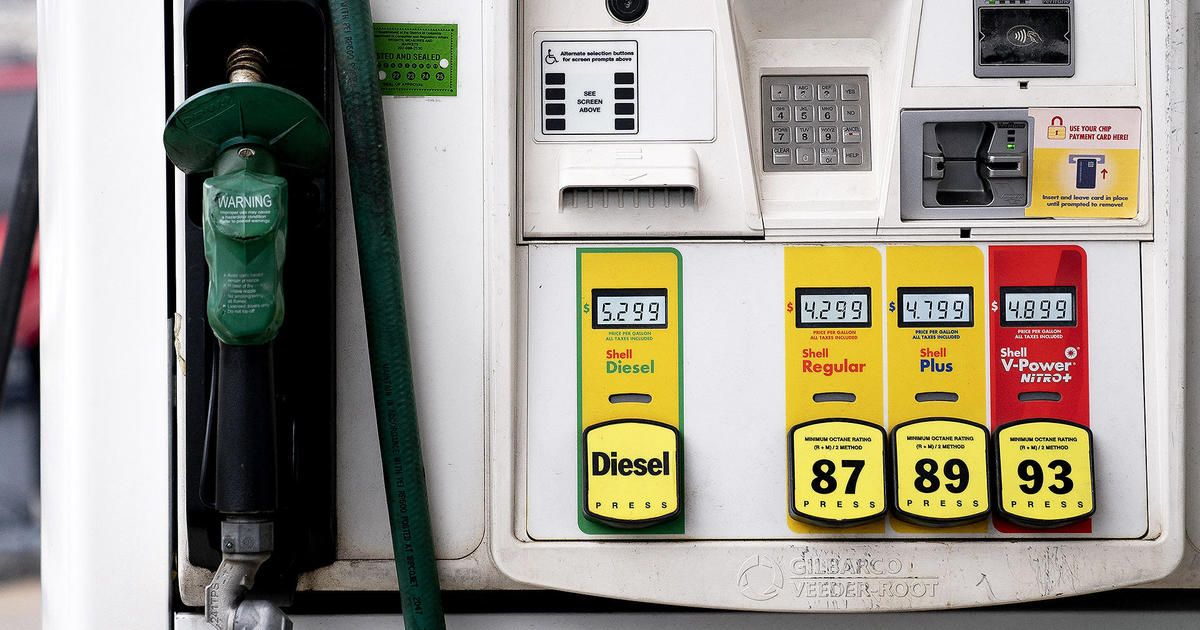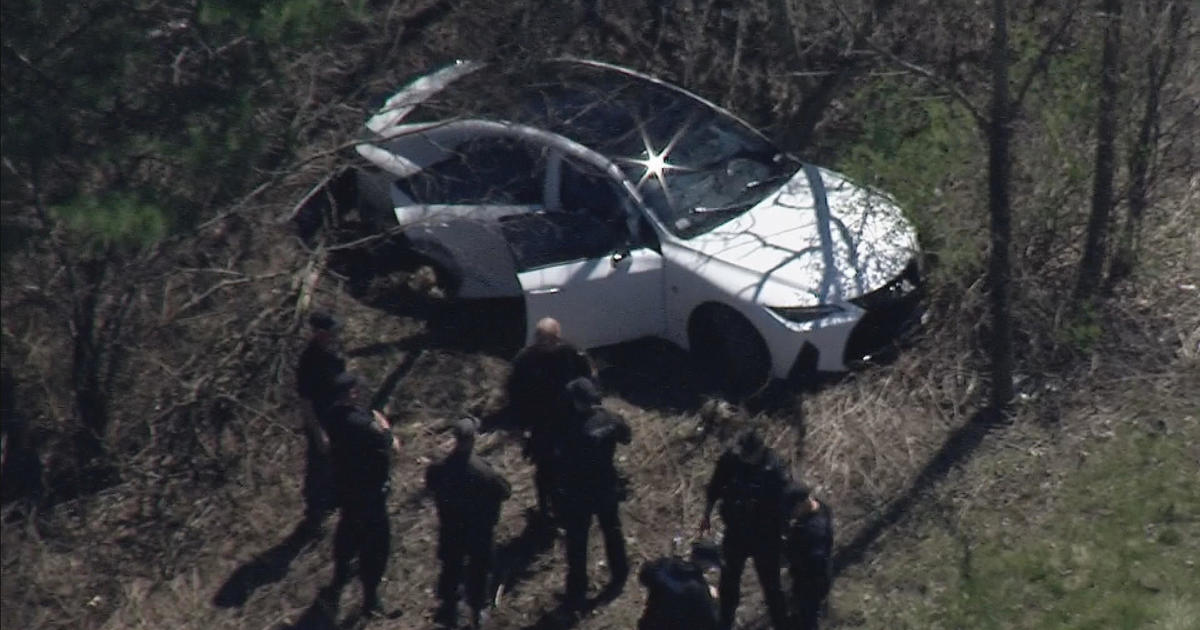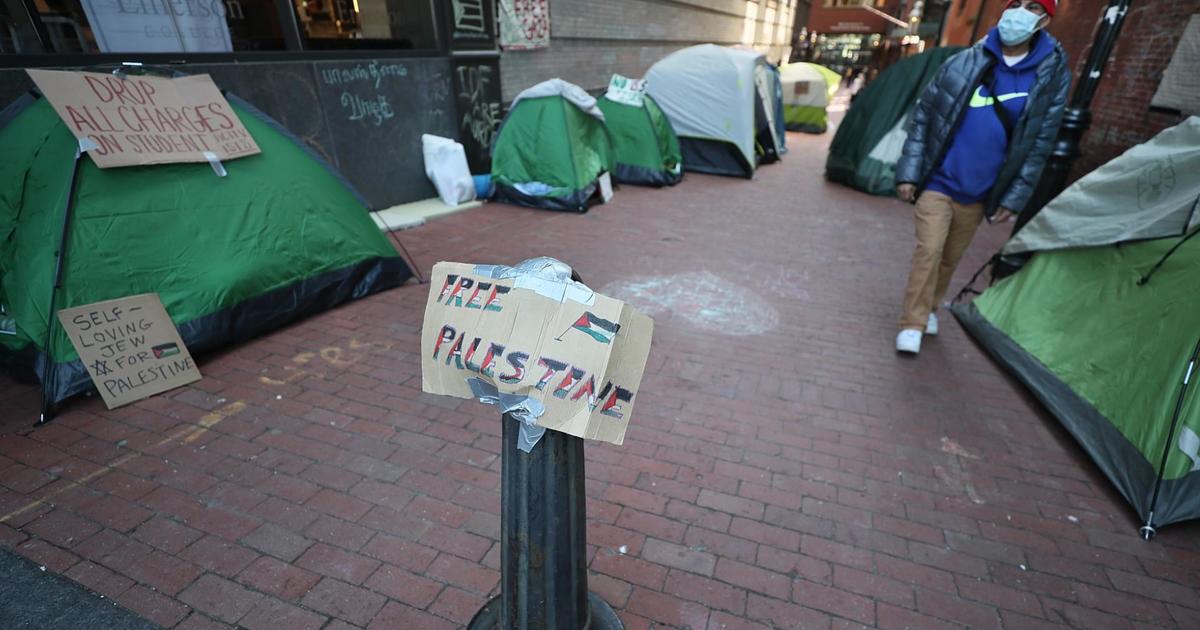House Passes $500 Million Transportation Finance Bill
BOSTON (AP) — The Massachusetts House approved a transportation finance bill late Monday night that called for $500 million in new taxes, rejecting Gov. Deval Patrick's push for a heftier tax hike he said was needed to upgrade the state's aging and debt-ridden transportation system.
The bill proposed by House and Senate leaders was passed by a vote of 97-55 after more than 10 hours of debate. But the margin fell just shy of the two-thirds needed to override a promised veto by the governor, who continued to tell lawmakers in private meetings that he was open to compromise.
The bill would raise the state's gas tax by three cents a gallon and index the tax to inflation in future years. It would also raise by $1 the excise tax on a pack of cigarettes, and make several business tax changes.
Democratic leaders called their approach a reasonable one that would close the MBTA's annual operating deficit and avoid any immediate fare hikes or service cuts on the nation's oldest transit system. They said the bill also would put regional transit systems on sounder financial footing, gradually end the practice of borrowing money to pay salaries of state transportation employees, and make an added $100 million available to cities and towns for local road projects.
But the administration argued that the legislative plan would not generate enough revenue to adequately address the state's long-term transportation needs. Patrick proposed $1.9 billion in new taxes, including a hike in the income tax from 5.25 percent to 6.25 percent, to pay for both transportation and education initiatives.
Rep. Brian Dempsey, chair of the House Ways and Means Committee, said at the outset of Monday's debate that while he respected many of the governor's priorities, he disagreed with "how we get there and how quickly we get there."
Dempsey, a Haverhill Democrat, said an income tax hike, accompanied by the elimination of several deductions and exemptions, would hurt middle-class families. He also noted that Wall Street bond rating agencies had expressed concern that Massachusetts could become overly reliant on income tax revenues.
Rep. William Straus, the House transportation committee chair, criticized Patrick's veto threat, saying if the financing bill was killed it would lead to immediate increases in public transit fares and turnpike tolls.
"I don't want to play some kind of roulette game, a game of chance with the people we represent," said Strauss, D-Mattapoisett.
While passage of the bill was never in doubt, House leaders were uncertain throughout the day if the measure would have enough support to override a veto from the Democratic governor.
Opposition to the bill emerged from both ends of the political spectrum. Republicans, heavily outnumbered in the Legislature, proposed an alternative transportation plan that included no new taxes, while some liberal Democrats were pushing to include the broader tax increases sought by Patrick.
Jesse Mermell, a spokeswoman for the governor, said early Tuesday that the House vote was only a first step in the legislative process.
"While he does not support the bill as currently drafted, the Governor remains committed to finding common ground on a plan that creates growth and opportunity across the Commonwealth," she said in a written statement.
Outside the House chamber, state Secretary of Transportation Richard Davey said there still was room for negotiation if lawmakers were willing. But he defended the governor's veto threat, saying the current bill would not allow the state to properly maintain or modernize its current transportation system or to invest in any new projects.
Those projects, Davey said, included the extension of commuter rail to New Bedford, the reconstruction of Interstate 91 in Springfield, the replacement of antiquated subway trains, and the repairing of Morrissey Boulevard in Boston so it won't flood nearly every time it rains.
"I don't believe these are luxuries," Davey said. "They are necessities."
Still, there appeared to be limited appetite in the Legislature for the larger tax hikes sought by Patrick. House Speaker Robert DeLeo has said repeatedly in recent weeks that the governor's plan could slow the state's economic recovery and jeopardize its bond rating.
Business leaders were also skeptical of Patrick's proposal. The Greater Boston Chamber of Commerce, Associated Industries of Massachusetts and the Massachusetts High Tech Council were among influential business groups that in recent days endorsed the proposal offered by legislative leaders.
While both plans would require some future increases in transit fares, highway tolls and Registry of Motor Vehicles fees, the administration argued that the hikes would be much steeper under the lawmakers' proposal.
The House rejected dozens of amendments during the lengthy debate, including a Republican attempt to eliminate all of the proposed tax increases and instead dedicate a portion of the annual growth in state tax revenues to transportation.
"Tonight's vote to increase taxes in Massachusetts represents an unfortunate turning point for our state's hardworking taxpayers," said Rep. Brad Jones, the House minority leader, in a statement after the vote. "By electing to raise taxes in the Commonwealth by $500 million, Democrats on Beacon Hill have indicated their willingness to help fund Governor Patrick's legacy project."
The Senate could take up the bill later this week.
Just prior to Monday's debate, a group of seniors and disabled residents in wheelchairs blocked traffic for about 30 minutes on Beacon Street in front of the Statehouse, demanding that the state roll back a 100 percent fare increase for the MBTA's door-to-door paratransit service known as The RIDE. Police made four arrests.
Copyright 2013 The Associated Press.



